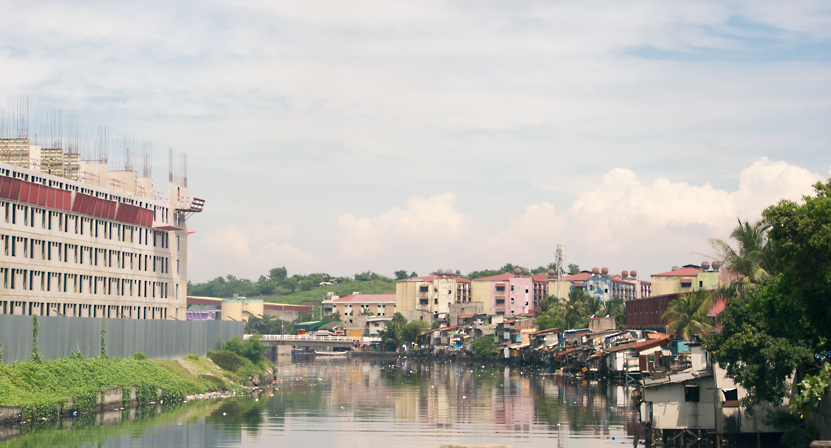The world has unique opportunities to create unimaginable wealth, and our investments are founded on the firm belief that the world will grasp these opportunities. Every year millions of people leave poverty as a result of this creativity. How is this possible?
We live in a shrinking world. The IT revolution and increasing trade deregulation make the world spin more smoothly. Outsourcing is made easier and less risky, boosting trade and wealth creation in the long run.
Trade is one of the most powerful growth engines in the world. Increasing trade and robust communication tools allow know-how to be spread far and wide. Fast. Emerging Markets capitalize on these developments.
Sometimes politicians tries to put a spanner in the works, but we believe that these kind of measures will fail, for the simple reason that trade always is beneficial for all parties involved.
Another reason behind continued successful global progress is the spread of capitalism and market economy. The global economy thereby enjoys better resource allocation, unleashing entrepreneurial power and creativity.
It is in this world of free trade and growth that many business opportunities emerge and it is here we have our strategic focus. We seize these opportunities by pursuing business in the following areas:
Invest in those emerging markets that are best suited to copy Western business models and promote market reforms, thus achieving faster growth at less risk. People in these regions are hungry for progress and eager to reach higher living standards. They are the greatest beneficiaries.
Invest in Asia, the centre of the biggest industrialization the world has ever witnessed. Countries like Indonesia, the Philippines and Thailand. Low leverage in this region also creates opportunities for huge infrastructure investments that bring about huge productivity gains. We also invest in other parts of the world, such as Mexico, Israel, Kenya, Rwanda and Georgia for the same reasons. Countries that by releasing the forces of the free market, create possibilities to generate prosperity for the people. New markets are Russia and Kazakhstan, for their immense resources and their market liberalization reforms, big winners if the Electric Vehicle dream will be realized.
There are however threats to these positive developments. Factors, such as protectionism, increased taxation on the wealth creators, labour and capital, as well as stricter regulations, more red tape and an unsound environmental debate, can soon plunge people back into poverty.

